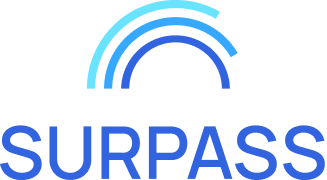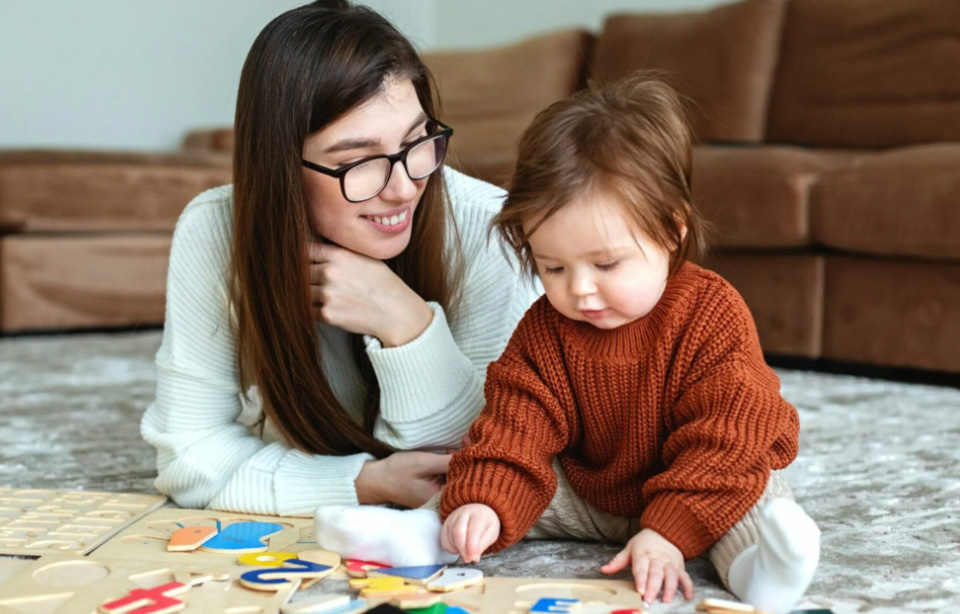When your child is diagnosed with autism, it’s important to seek early intervention care and begin Applied Behavior Analysis (ABA therapy) along with other services, such as Occupational Therapy or Speech Therapy, as soon as possible. Early intervention has been shown to produce long-term positive effects for children with autism spectrum disorder (ASD).
What Is Early Intervention For Autism?
Early intervention describes ABA therapy for babies, toddlers, and young children with autism and other developmental disabilities. Early childhood intervention is considered to fall within the first three years of life when the brain is more sensitive to change than at other ages (Early Intervention for Autism, n.d.).
There are many research studies that find early intervention important for children with ASD. During early intervention ages, brain sensitivity is at its greatest capacity and the brain has the best ability to form new connections.
How Early Can You Diagnose Autism?
Autism can be detected in children as early as 18 months of age. The earlier your child is diagnosed with autism and begins treatment, the better their chances are of making significant, long-term progress. If your child is showing signs of autism, which may include delayed language skills, inattentive behavior, or unusual mood, we advise that you should schedule an appointment with their pediatrician or a medical professional to receive a psychological evaluation.
Benefits of Early Intervention
Development of Coping Skills
Coping strategies are beneficial because they provide children with autism with effective methods to manage their emotions. When children are taught how and when to use coping strategies, and they are provided reinforcement for selecting them, it results in a positive for the child as well as the individuals in their life. Some of these coping skills include labeling feelings, breathing exercises, and asking for help.
Strategies to Manage Challenging Behavior
There are many strategies parents, caretakers, and therapists can use to manage challenging behavior in their child with autism. At the early intervention stage, many of these strategies will focus on improving communication; more specifically, expressing wants and needs. BCBAs may incorporate Functional Communication Training (FCT) into the child’s behavioral treatment plan which identifies the purpose of a challenging behavior and helps the child learn a new way to communicate which may include signs, pictures, or certain words while offering positive reinforcement.
Positive Long-Term Effects & Development
The earlier a child is diagnosed with ASD and begins ABA therapy, the more opportunities a child has to develop and practice daily living skills, communication skills, and social skills. These skills can improve the quality of life for children with autism. ABA focuses on socially significant behaviors which can include the areas of communication, learning, social skills, self-help skills, and gross and fine motor among others.
At Surpass, we know that early intervention is a key component to success. We proudly provide early intervention services to children and teens in the clinic, home, and school settings. For more information about getting started with ABA services at Surpass Behavioral Health, please complete our Intake Form and a member of our team will reach out.
References and Resources
Corsello, C. M. (2005). Early Intervention in Autism. Infants & Young Children, 18(2), 74. https://journals.lww.com/iycjournal/fulltext/2005/04000/early_intervention_in_autism.2.a
Early Intervention for Autism. (n.d.). Https://Www.nichd.nih.gov/. https://www.nichd.nih.gov/health/topics/autism/conditioninfo/treatments/early-intervention#:~:text=Early%20interventions%20not%20only%20give
At Surpass Behavioral Health, we are passionate about making a positive difference in the lives of our clients and families. Our focus is quality care that you can trust. We believe in our clients’ ability to achieve their goals and we want to celebrate each win together. Our mission is for our clients to be successful across a variety of settings and provide support to our families.


